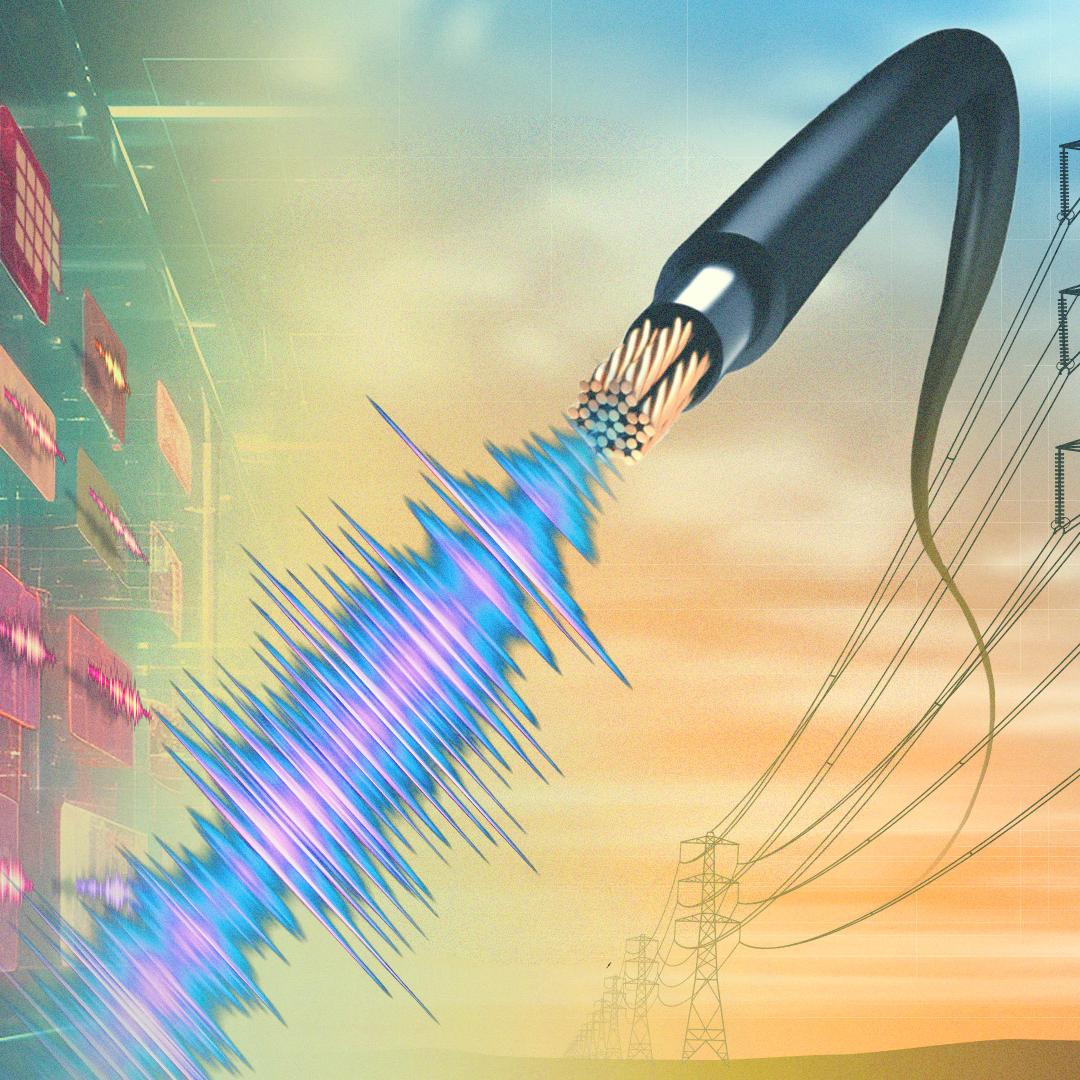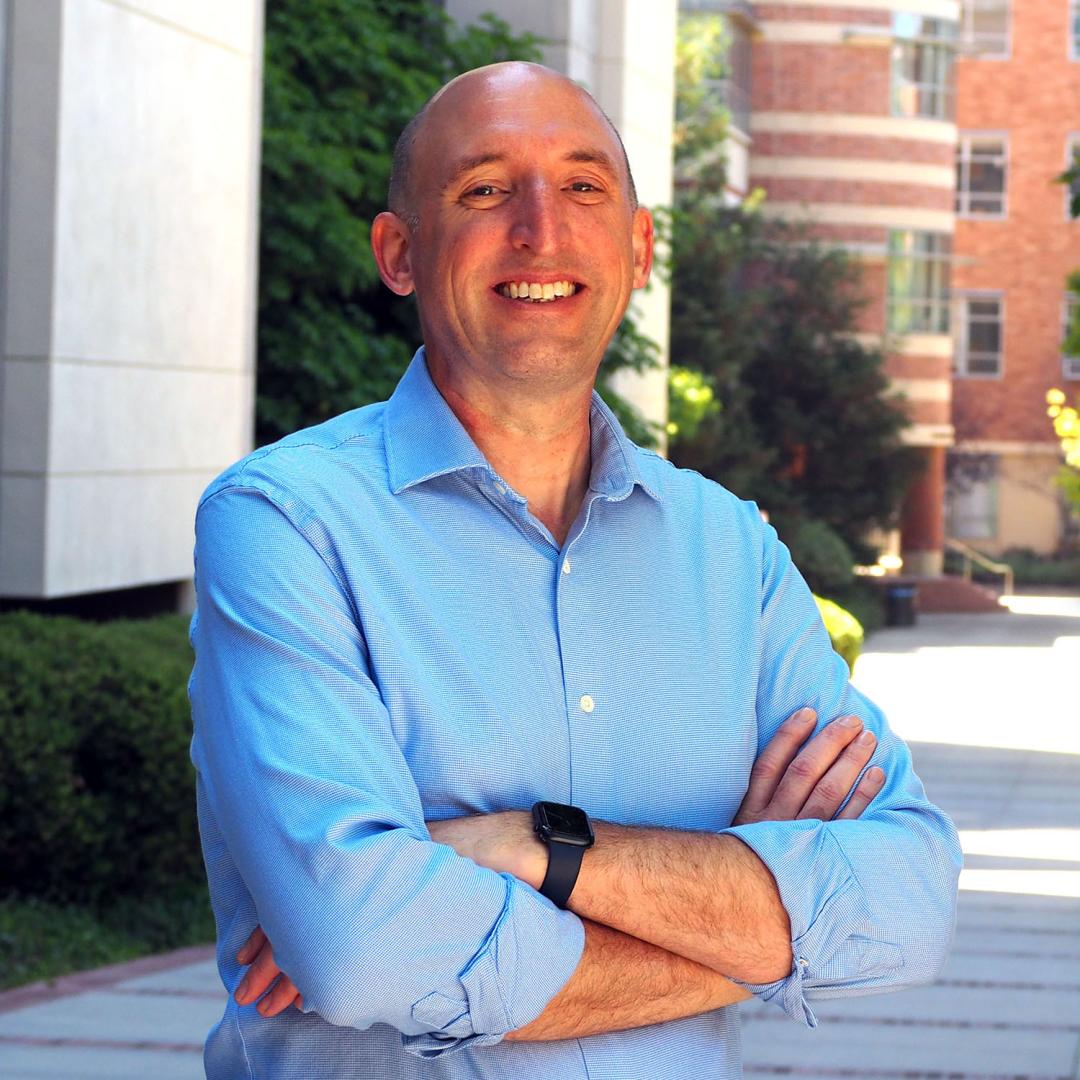
Filter News
Area of Research
- Advanced Manufacturing (1)
- Biology and Environment (19)
- Clean Energy (26)
- Computational Engineering (1)
- Computer Science (1)
- Fusion and Fission (2)
- Isotope Development and Production (1)
- Isotopes (7)
- Materials (47)
- Materials Characterization (2)
- Materials for Computing (5)
- Materials Under Extremes (1)
- National Security (11)
- Neutron Science (14)
- Nuclear Science and Technology (3)
- Quantum information Science (1)
- Supercomputing (40)
News Type
News Topics
- (-) Climate Change (21)
- (-) Cybersecurity (17)
- (-) Frontier (14)
- (-) Isotopes (18)
- (-) Materials (57)
- (-) Renewable Energy (1)
- (-) Space Exploration (3)
- (-) Summit (20)
- 3-D Printing/Advanced Manufacturing (43)
- Advanced Reactors (10)
- Artificial Intelligence (29)
- Big Data (7)
- Bioenergy (23)
- Biology (21)
- Biomedical (17)
- Biotechnology (7)
- Buildings (12)
- Chemical Sciences (28)
- Clean Water (1)
- Composites (9)
- Computer Science (57)
- Coronavirus (17)
- Critical Materials (11)
- Decarbonization (18)
- Education (3)
- Element Discovery (1)
- Energy Storage (41)
- Environment (34)
- Exascale Computing (9)
- Fossil Energy (1)
- Fusion (14)
- Grid (15)
- High-Performance Computing (26)
- ITER (2)
- Machine Learning (13)
- Materials Science (49)
- Mercury (2)
- Microelectronics (1)
- Microscopy (16)
- Molten Salt (2)
- Nanotechnology (26)
- National Security (18)
- Net Zero (3)
- Neutron Science (49)
- Nuclear Energy (26)
- Partnerships (27)
- Physics (24)
- Polymers (12)
- Quantum Computing (9)
- Quantum Science (26)
- Security (11)
- Simulation (8)
- Statistics (1)
- Sustainable Energy (30)
- Transformational Challenge Reactor (4)
- Transportation (25)
Media Contacts

ORNL’s Debangshu Mukherjee has been named an npj Computational Materials “Reviewer of the Year.”
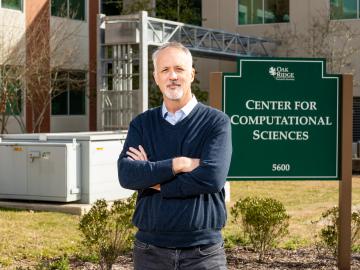
The Oak Ridge Leadership Computing Facility’s Matt Sieger has been named the project director for the OLCF-6 effort. This next OLCF undertaking will plan and build a world-class successor to the OLCF’s still-new exascale system, Frontier.
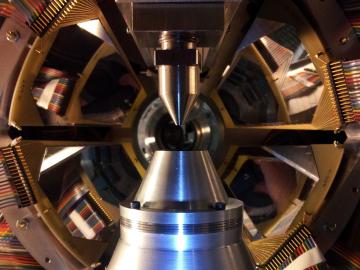
Led by Kelly Chipps of ORNL, scientists working in the lab have produced a signature nuclear reaction that occurs on the surface of a neutron star gobbling mass from a companion star. Their achievement improves understanding of stellar processes generating diverse nuclear isotopes.
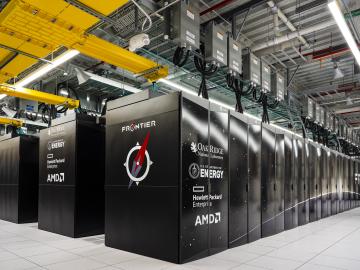
With the world’s first exascale supercomputing system now open to full user operations, research teams are harnessing Frontier’s power and speed to tackle some of the most challenging problems in modern science.
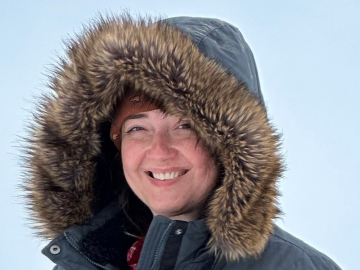
Colleen Iversen, ecosystem ecologist, group leader and distinguished staff scientist, has been named director of the Next-Generation Ecosystem Experiments Arctic, or NGEE Arctic, a multi-institutional project studying permafrost thaw and other climate-related processes in Alaska.
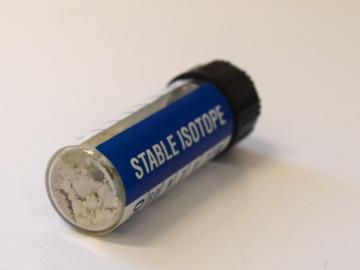
ORNL’s electromagnetic isotope separator, or EMIS, made history in 2018 when it produced 500 milligrams of the rare isotope ruthenium-96, unavailable anywhere else in the world.
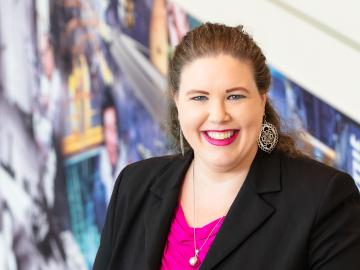
Anne Campbell, an R&D associate at ORNL, has been selected for an Emerging Professional award from ASTM International. ASTM, formerly the American Society for Testing and Materials, is an international standards organization that develops and publishes voluntary consensus technical standards for a wide range of materials, products, systems and services.
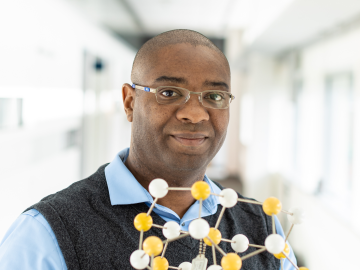
Valentino “Tino” Cooper, a scientist at ORNL, has been appointed to DOE’s Basic Energy Sciences Advisory Committee for a three-year term. Cooper’s research elucidates the fundamental understanding of advanced materials for next-generation energy and information technologies.
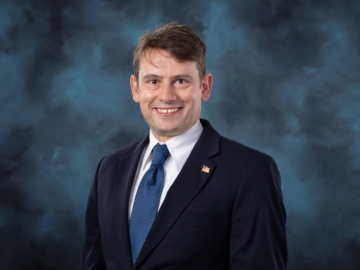
Andrew Lupini, a scientist and inventor at ORNL, has been elected Fellow of the Microscopy Society of America.
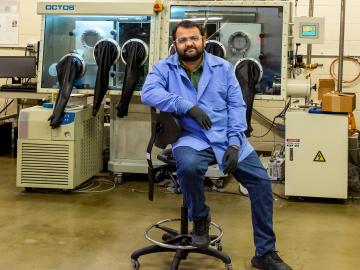
Marm Dixit, a Weinberg Distinguished Staff Fellow at ORNL has received the 2023 Rosalind Franklin Young Investigator Award.


